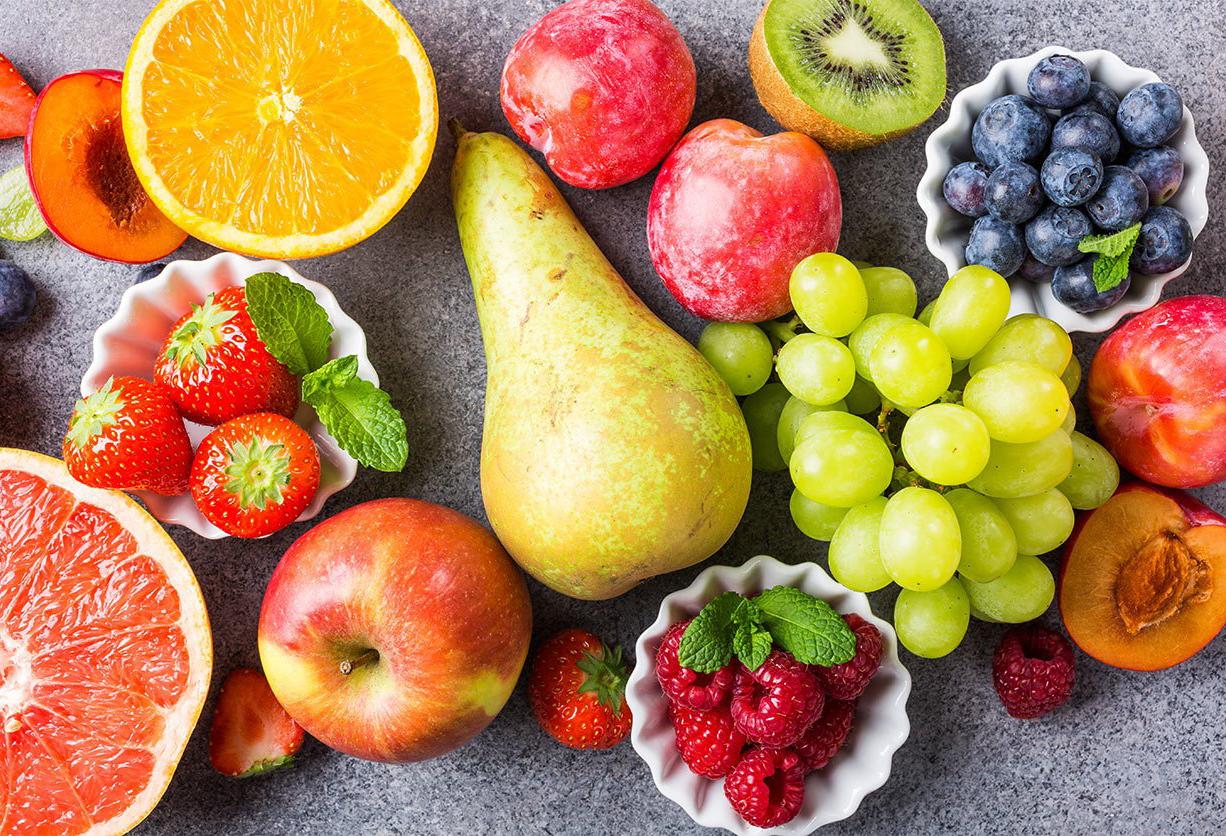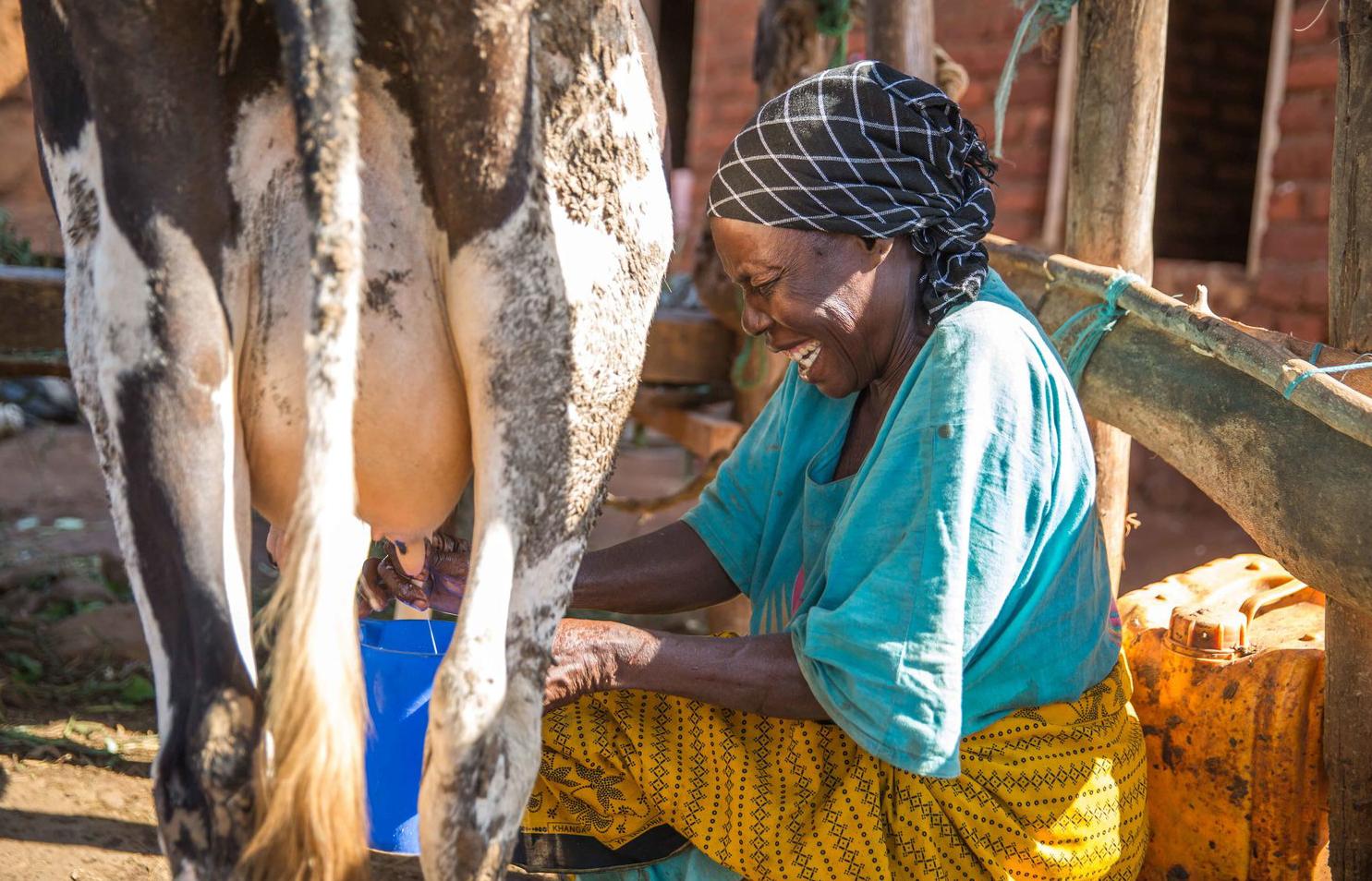
9 minute read
Supplier News & Innovations
Royal DSM develops Delvo Plant Go enzyme to enhance efficiency of oat milk manufacturing
NETHERLANDS – Royal DSM, a global science-based company in Nutrition, Health, and Bioscience, has developed Delvo Plant Go, a novel enzyme that can improve oat milk production efficiency by reducing hydrolysis time by 30%, thus saving on energy.
Ben Rutten, Global Business Manager, Milk & Plant-based Dairy Alternatives at DSM, stated: “The enzyme solution can be incorporated into existing manufacturing processes and removes the need for the oat solution to be heated and maintained at 70°C for liquefication, then cooled and maintained at 50°C for saccharification.” With Delvo Plant Go, manufacturers can carry out the whole hydrolysis process in a single step, at a temperature of 60°C – reducing the total time from three to two hours.”
He added that the improvements result in increased capacity or reduced costs – something that is particularly important given the current volatility in the energy market.
Delvo Plant Go, part of the company’s enzyme portfolio, has been specifically designed for oat-based drinks manufacture and cannot be used for developing other dairy milk alternatives.
This enzyme is particularly important to manufacturers who have to carefully choose the right enzyme or enzyme combinations to not adversely affect beverage traits such as viscosity, mouthfeel, and flavor in oat beverages.
INNOVATION CENTER
IFF opens innovation hub in Singapore to fast-track innovation in Asia

SINGAPORE – IFF, a manufacturer of ingredients for the food, beverage, health, biosciences, and scent markets is expanding its footprint in the Asian region with a new Innovation Center in Singapore.
The Innovation Center in the nation’s premier biomedical research hub, integrates the technologies, capabilities, and expertise of all four business divisions: Nourish, Health & Biosciences, Scent and Pharma Solutions.
The 11,000 sqm facility, IFF’s largest in the region, features more than ten creation, design, and analytical laboratories, a collaboration studio, and culinary and demo kitchens, providing customers with full sensory capabilities to support each stage of the process from ideation through commercialization.
The hub has one of the biggest dairy processing pilot plants in Southeast Asia, replicating large-scale industrial production processes.
The center also houses IFF’s global innovation center for fabric care powders and personal wash, the largest scent evaluation facility worldwide, and is the first IFF location to support all scent product categories.
Ramon Brentan, IFF Singapore Innovation Center site leader and vice president, Greater Asia regional general manager, Scent, IFF said: “In this integrated space, we will unlock cross-divisional synergies, fasttracking innovation and accelerating new growth opportunities.
The opening follows IFF’s newly operational Singapore Flexiblend plant in Tuas and marks the latest in the company’s nearly US$30 million investment into Singapore.
THE OPENING FOLLOWS IFF'S NEWLY OPERATIONAL SINGAPORE FLEXIBLEND PLANT AND MARKS THE LATEST IN THE COMPANY'S NEARLY US$30M INVESTMENT IN SINGAPORE
NEW TECHNOLOGY
GEA launches water-saving dealcoholization system for beer

GERMANY – GEA has launched a new dealcoholization system monikered GEA AromaPlus PRO that can save 66% to 100% of freshwater consumption in non-alcoholic beer production processes.
The reverse osmosis technology allows for a cleaner separation of water and alcohol from the “crucial” ingredients that give the aroma, color, and turbidity to beer.
The German corporation added that this new tech not only allows for the saving of fresh water but also allows the use of the remaining alcohol from the dealcoholization or diafiltration as a valuable by-product.
The specially developed reverse osmosis membrane is very selective for ethanol, allowing brewers to filter alcohol at lower temperatures.
This helps save time, energy costs and preserve the flavor, allowing breweries to skip the step of restoring the flavors after the alcohol has been removed.
“Our latest filtration system combines the trend towards 0.0% beer with the goal of reducing water in production,” said Ralf Scheibner, filtration expert at GEA.
“Due to its lower volume, it has a higher alcohol content and can thus serve as a base for alcoholic mixed drinks and trendy beverages, such as hard seltzer, or can be reused.”
While initially designed for the dealcoholization of beer down to 0%, the system is equally used for other non-alcoholic beverages, such as 0% cider.
Ralf Scheibner, Filtration expert at GEA

AFRICA - Speciality chemicals and food ingredients supplier Azelis has opened two new Food & Nutrition (F&N) application laboratories in Morocco and South Africa to expand its footprint in Africa.
The labs’ inauguration follows the opening of a similar facility in Egypt mid-this year, further enabling the Azelis team to provide even more innovative and technical support to customers throughout the entire MEA region.
While fully equipped to service various food segments, these application laboratories will primarily focus on dairy, fruit preparations, baking, and beverages, complementing the many other Azelis F&N laboratories across EMEA and worldwide.
Chris Sacy, Managing Director Azelis MEA, said, “The opening of two new Food & Nutrition application laboratories is a significant move in the market, supporting our drive for innovation, and further improving the technical service we provide to customers.”
Chr. Hansen overcomes tough business environment to record 13% growth in full year revenues
DENMARK – The Danish ingredients supplier, Chr. Hansen has reported a ‘solid’ financial performance, delivering a total revenue of €1.21bn (US$1.19bn), marking 13% growth for the year ending 31 August 2022, despite a ‘volatile’ macroeconomic and geopolitical environment.
The company’s Organic growth was 9% in 2021/22, 7% of which was driven by volume growth, while the implementation of price increases – to reflect inflationary pressures – can
be attributed to 2% of total organic growth, which the company reports had a favorable impact in the second half of the year.
However, organic growth was negatively impacted by Russia, where Chr. Hansen scaled down operations, explained CFO Lise Mortensen. Following Russia’s invasion of Ukraine, the challenges ‘intensified’ and Chr. Hansen decided to reduce its activities in Russia to basic food ingredients only.
Lisa explained that the company supports the very basic products within food and health, adding that its work in Russia is not implicated in sanctions. She noted that the Danish ingredient supplier has decided not to disrupt very basic food chains to feed the civil population of Russia.

INNOVATION CENTER
Givaudan opens Consumer & Sensory Insights center in South Africa to boost local capacity

SOUTH AFRICA – Swiss multinational flavor and fragrance manufacturer, Givaudan has opened a new Consumer & Sensory Insights (CSI) center at its production facility in Johannesburg, South Africa.
The CSI center, which is its first in Africa, will provide an interactive space for an expert panel to taste, smell and otherwise experience new flavors of food and beverages developed by the company, reports Engineering News.
The food ingredients maker prides itself on creating consumer-centric food experiences by leveraging unique and local consumer and sensory understanding in every step of its food development journey.
At its Tulisa Park facility, food scientists are among the employees that manufacture flavoring extracts, syrups, powders, and related products for the food and beverage industry.
Givaudan's commercial head for trade and wellbeing in the South Asia, Middle East, and Africa region Antoine Khalil says it is crucial to comprehend the multimodal aspects of food and beverage experiences and translate them into multifaceted product solutions for customers and consumers.
At its Tulisa Park facility, Givaudan develops savory and sweet goods, beverages, and dairy flavors. Its expert tasting panel comprises 14 South Africans, who rate and describe samples according to Givaudan’s sensory language, called Sense It. The panel uses science-based methodologies to profile ingredients or products, according to taste, flavor, texture, color, and other attributes.
The CSI was designed with special sensory software to run live data analysis, while panelists feed in their evaluations. The center includes an area for sample preparation, fully equipped booths for product testing, and a multipurpose meeting area for discussions.
With its South African CSI, Givaudan aims to strengthen its local flavor development capacity and complement the work of the other CSIs globally.
Atlas Copco acquires Polish compressed air distributor Vector
SWEDEN – Swedish manufacturing equipment supplier Atlas Copco has expanded its presence in Poland through the acquisition of locallybased compressed air distributor, Vector.
Based in the Polish city of Tarnowo Podgórne, Vector is a privately owned company with 23 employees that serves a wide range of industrial companies in the country.
Atlas Copco noted that the acquisition will see it gain more knowledge and expertise in the
sale, installation, and service of compressed air systems.
On the purchase of the firm, Vagner Rego, Business Area President Compressor Technique, said, “Vector has a strong market recognition in the Polish market, and great expertise. The acquisition will enable us to strengthen our presence in the area.”
Atlas Copco has confirmed that Vector will become part of the Service division within the Compressor Technique Business Area.
The Swedish equipment maker has been aggressive in its acquisition strategy in Q3 of its current financial year, scooping up 11 new businesses, bringing the number of companies that have joined the Group so far this year to 21.

NEW PRODUCT
Kerry develops cost-effective alternative to natural stabilizers used in ice cream production

IRELAND – Kerry Group has developed Sherex Supreme, a costeffective alternative to locust bean gum (LBG), the natural stabilizer used by ice cream makers to increase viscosity and prevent ice and lactose crystals from forming in hard-pack ice cream.
The product is comprised of LBG, guar gum, and mono- and diglycerides of fatty acids – ingredients that are already present on many ice cream labels, meaning there would be limited to no impact on labeling.
Sherex Supreme is reportedly derived from splitting and milling the seeds of carob trees functioning as a natural plant-based emulsifier and gelling agent and requires minimal processing, meeting requirements for clean labeling.
Tricia Hayes, Kerry’s global senior director – emulsifiers, texture systems, and gum acacia, explained: “Kerry’s Sherex Supreme is a texture system that delivers the creamy mouthfeel, good aeration, desired viscosity and controlled meltdown that consumers expect from ice cream while offering up to 50% cost savings versus standard texture systems.”
Kerry claims it tested the new texture system’s performance on premium, budget, and standard hard-pack ice creams, where Sherex provided the taste and texture attributes of traditional ice cream.
Tricia Hayes, Kerry Global Senior Director, Emulsifiers, texture systems, and gum acacia









